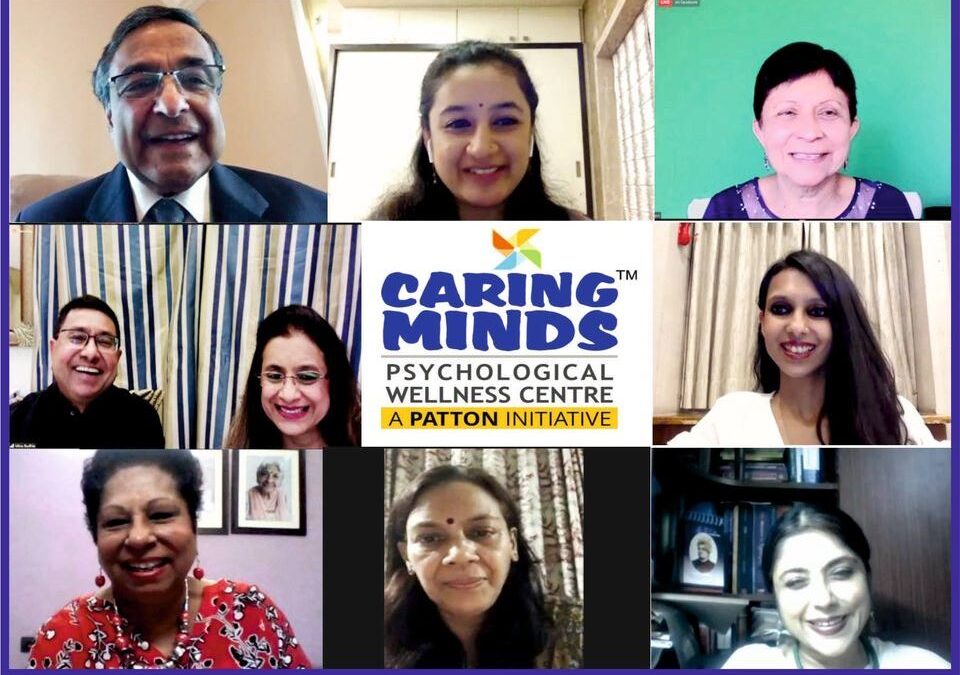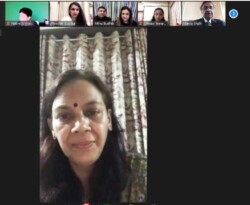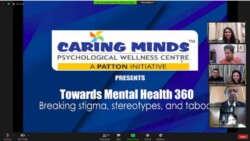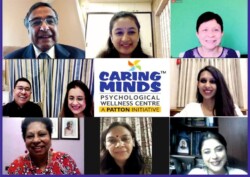Delusional disorder is characterized by firmly held false beliefs (delusions) that persist for at least 1 month, without other symptoms of psychosis. The belief can be regarding any usual aspect of the person’s life but is not believed by anyone else except him since it is not true. Delusions in the elderly can take many forms; the most common ones are persecutory-patients believe that they are being spied on, followed poisoned, or harassed in some way. Persons with delusional disorder may become violent toward their supposed persecutors. Some persons lock themselves in their rooms and live reclusive lives. Somatic delusions, in which persons believe they have a fatal illness, also ca occur in older persons. Among those who are vulnerable, delusional disorder can occur under physical or psychological stress and can be precipitated by the death of a spouse, loss of a job, retirement, social isolation, adverse financial circumstances, debilitating medical illness or surgery, visual impairment, an deafness.
Delusional disorder is distinguished from schizophrenia by the presence of delusions without any other symptoms of psychosis (eg, hallucinations, disorganized speech or behavior, negative symptoms). Delusional disorder may arise from a preexisting paranoid personality disorder. In such people, a pervasive distrust and suspiciousness of others and their motives begin in early adulthood and extend throughout life.
Early symptoms may include the feeling of being exploited, preoccupation with the loyalty or trustworthiness of friends, a tendency to read threatening meanings into benign remarks or events, persistent bearing of grudges, and a readiness to respond to perceived slights.
Worried that you / your loved one may be suffering from Delusional Disorder?
Since the past 1 month or more,
- Do you tend to get angry or frustrated very easily?
- Do you feel that your thoughts tend to get fixed in your mind and you can’t get your mind off them?
- Do you feel that your thoughts have a definite impact on others as though you can control things or ‘do things’ with your thoughts?
- Do you feel that your thoughts, feelings and actions are being controlled by someone else?
- Do you believe that other people can read your mind, or you can read others’ minds?
- Do you find it difficult to relate to other people and trust them?
If you have said yes to most of the above, we might be able to help you.
Treatments we can help you with:
Medication
Counselling
Psychometric Assessment
Cognitive Behaviour Therapy
Rational Emotive Behaviour Therapy
Family Therapy
































